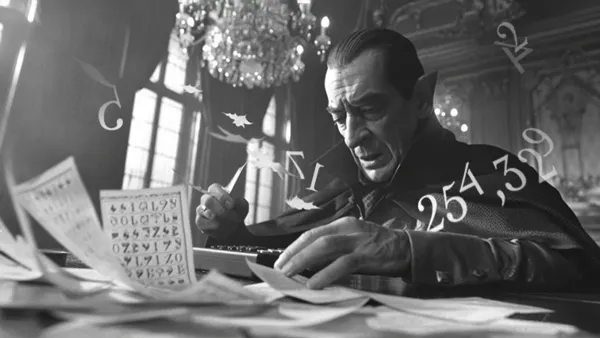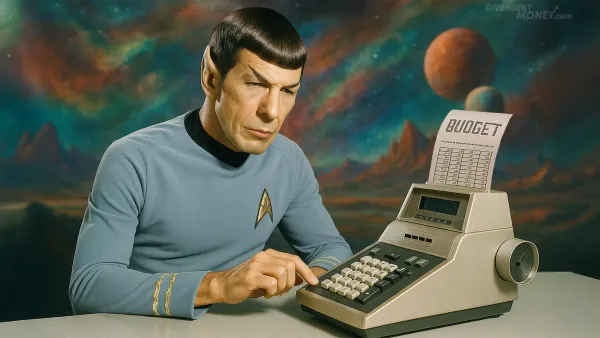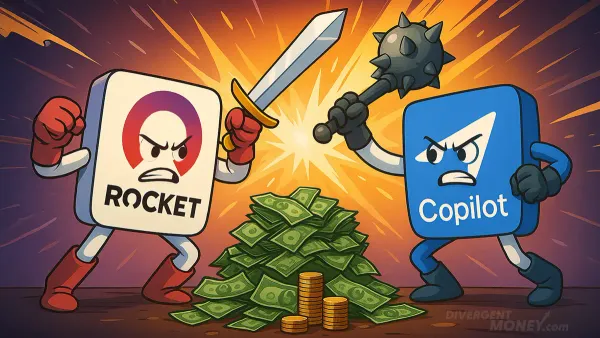Stack the Wins: Small Victories Improve Motivation (Especially for ADHD and Executive Dysfunction)

Big goals feel good for about five minutes.
Then the pressure sets in. The blank page. The messy desk. The five missed emails. And before you know it, the goal that was supposed to inspire you becomes another reason to shut down.
If you’re neurodivergent—living with ADHD, autism, dyslexia, or any kind of executive dysfunction—you’ve probably lived this cycle more times than you can count.
Here’s what actually works:
Tiny wins.
Stacked intentionally.
Repeated daily.
Dopamine Is the Fuel. Small Wins Are the Spark.
Let’s be blunt: most brains don't run on willpower—they run on dopamine.
That’s especially true for people with ADHD and other neurodivergent wiring, where dopamine signaling is often lower or more erratic. Brain imaging research in JAMA shows that individuals with ADHD frequently exhibit decreased dopamine transporter availability, affecting motivation and action initiation.
According to research published in the Journal of Neural Transmission, dopamine isn’t just about pleasure—it’s about reinforcement, behavioral momentum, and motivation. When you complete something small and visible, your brain gets a chemical nudge that says, “this is working.” Stack enough of those nudges, and momentum stops feeling like magic—and starts feeling predictable.
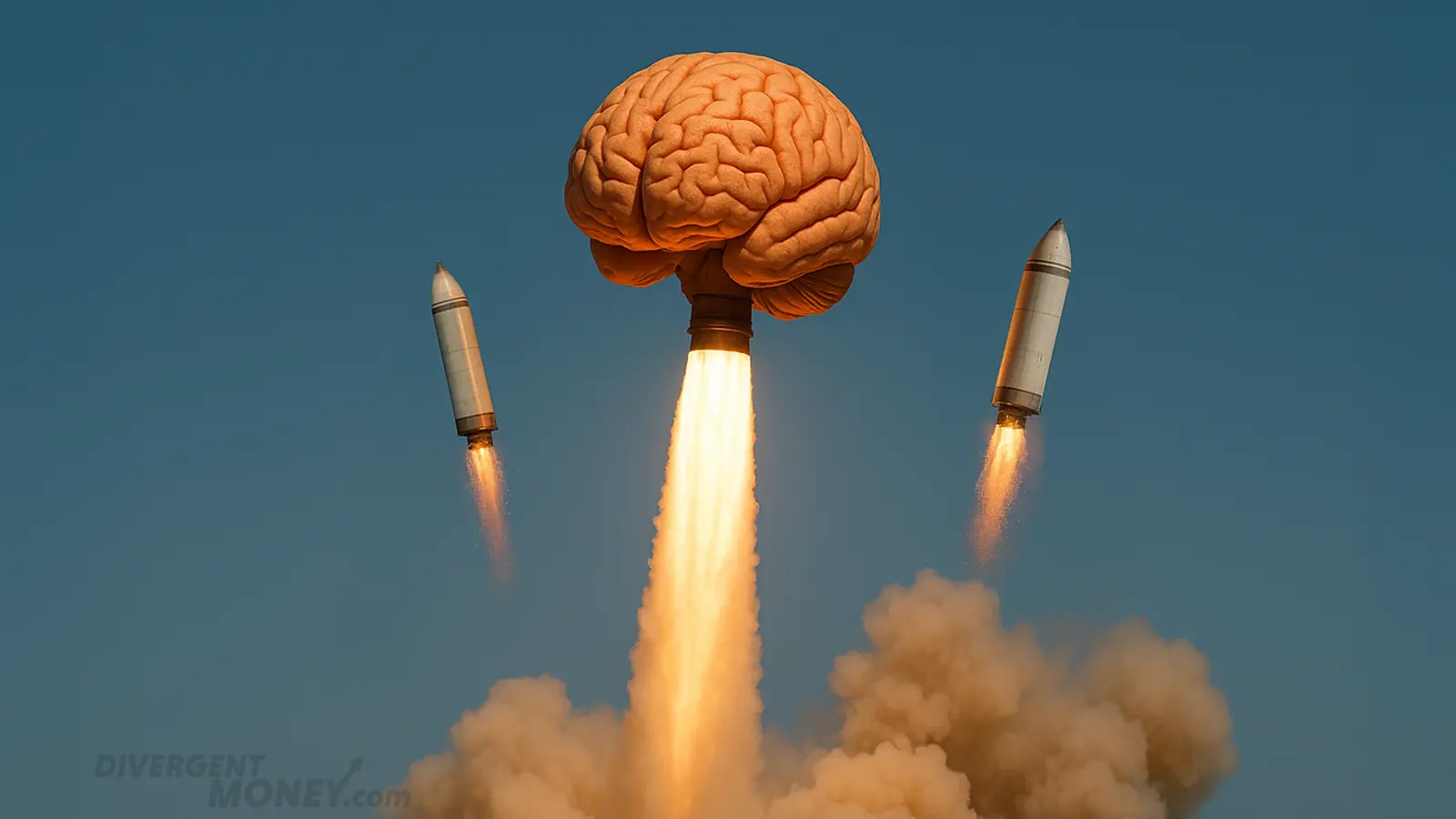
What Counts as a “Stackable Win”?
For many, it's the most powerful method of getting traction. Let’s define it. A stackable win is:
✅ Quick – under 10 minutes
✅ Clear – you know when it’s done
✅ Visible – you can see or track it
✅ Repeatable – it can be done again tomorrow
The goal is to create a win loop your brain will actually buy into—even when you're tired, overstimulated, or mentally offline.
Tailoring Wins for Different Neurodivergent Patterns
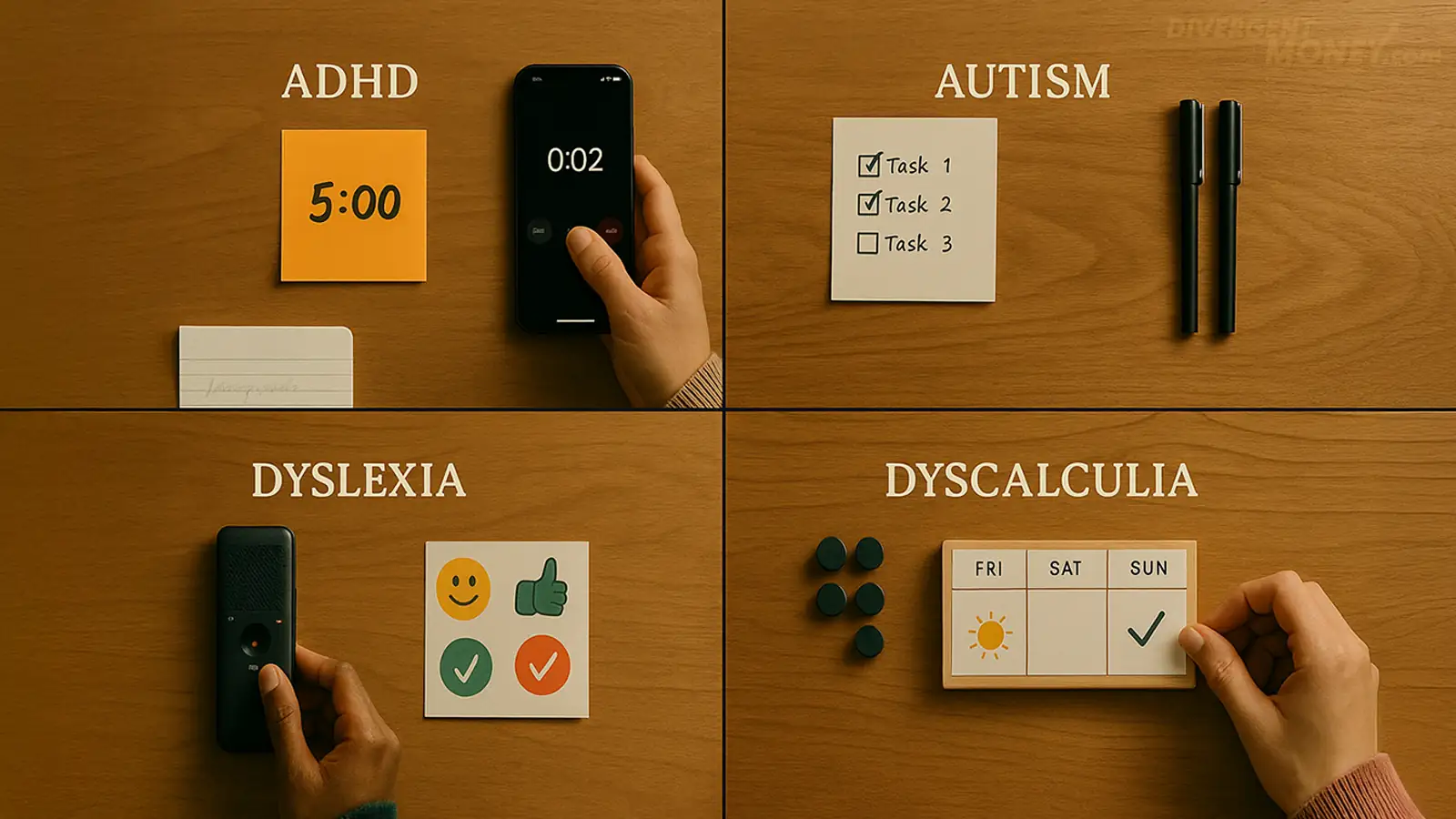
🔄 ADHD: Start-Only Wins
The mistake most ADHD folks make? Trying to finish the thing.
Instead, make the win just starting:
- Open your budget app and type one number. Done.
- Write two words in the subject line of the dreaded email. Done.
- Set a 5-minute timer and wipe one kitchen surface. Done.
Then track it. Visibly.
Post-it notes, sticker charts, app badges—whatever makes your brain light up.
This aligns with BJ Fogg’s Tiny Habits model, which shows that starting small is the highest-leverage behavior change available.
🧠 Why it works: You bypass the overwhelm center and create a neurochemical “entry point” to progress.
🧭 Autism: Predictable Ritual Wins
Predictability reduces decision fatigue.
Create structured rituals that deliver consistent wins without needing improvisation.
- Mornings: review 3 core tasks, in the same order every time.
- Fridays: check account balance and file receipts.
- Evenings: line up tomorrow’s top task using color-coded cards.
🧠 Why it works: System stability = lower cognitive load = higher follow-through.
🎙 Dyslexia: Non-Textual Wins
If reading or writing drains you, don’t use them to track progress.
- Record a 10-second voice memo instead of writing a task list.
- Use icons or stickers to show what’s done.
- Log accomplishments by snapping photos of “before and after.”
🧠 Why it works: Bypasses textual overload and reinforces visual/auditory memory instead.
🌀 For Mixed Types: Double-Dip Wins
Choose tasks that solve two needs at once:
- Fold laundry while catching up on an overdue voice message.
- Walk to the pharmacy and mentally rehearse tomorrow’s meeting.
- Shred mail while pretending you're a spy eliminating evidence. (That one’s for ADHD + imagination enjoyers.)
🧠 Why it works: Multichannel engagement can ease friction and make boring tasks tolerable—or even fun.
The Win Is the Evidence
This isn’t fluffy mindset coaching. It’s behaviorally sound.
Small wins:
- Rewire your dopamine-response loop
- Build internal evidence of competence
- Create a sense of control, even in chaotic or low-spoons states
According to a 2018 study in the Journal of Autism and Developmental Disorders, visual reinforcement and task completion tracking dramatically improve follow-through for individuals with ADHD and ASD.
You don’t need to chase productivity.
You need to prove to your brain that you’re already progressing.

The Goal Isn’t Big. It’s Repeatable.
If you’re neurodivergent, the worst thing you can do is wait to feel motivated.
The best thing? Prove to your brain that you already are.
Stack small wins. Track them.
Don’t just chase progress—create visible evidence of it.
The motivation will come later.
First comes the stack.


